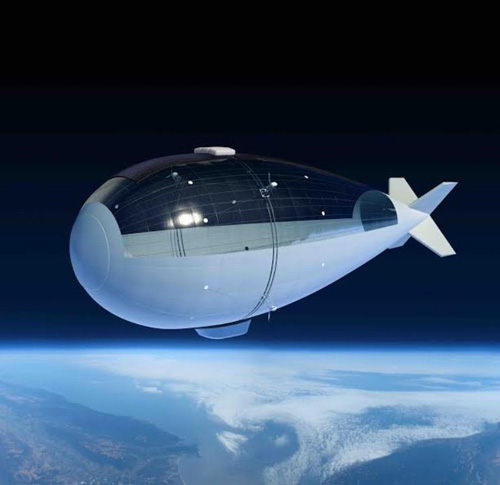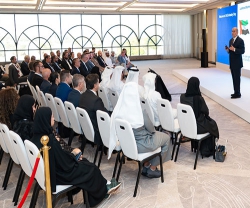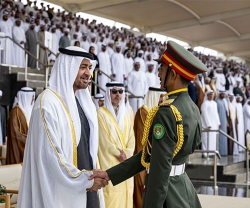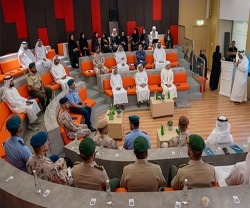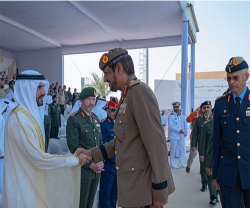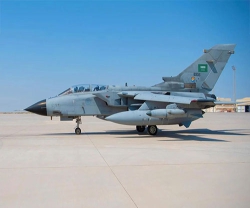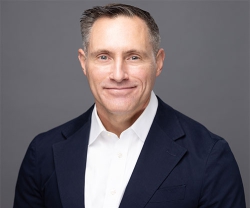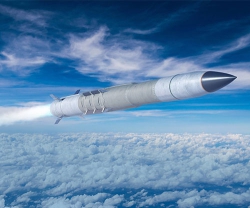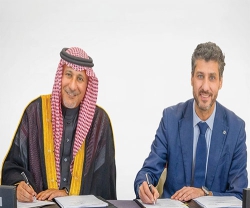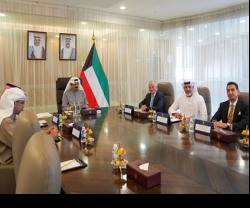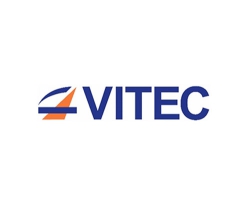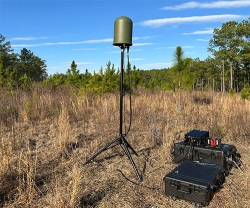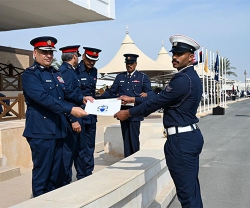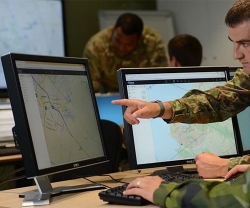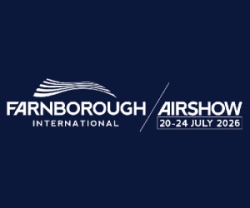Masdar Institute of Science and Technology, an independent, research-driven graduate-level university focused on advanced energy, and sustainable technologies, have signed a Memorandum of Understanding (MoU) with French company Thales/Thales Alenia Space and French engineering university MINES ParisTech to develop applications for the StratobusTM drone-satellite hybrid airship.
In the presence of the French Ambassador to the UAE His Excellency Michel Miraillet, the collaborative agreement was signed by Dr. Behjat Al Yousuf, Interim Provost of Masdar Institute, Cathy Noguez, Director International Affairs, Thales Alenia Space, Olivier Cousergue, Key Account Manager, Air Force/Air Defense, THALES, and Prof. Thierry Ranchin, Director of the Center Observation, Impacts, and Energy, MINES ParisTech, at the World Future Energy Summit (WFES) 2017, which is being held from 16-19 January at the Abu Dhabi National Exhibition Center (ADNEC) as part of the Abu Dhabi Sustainability Week 2017.
StratobusTM is a type of aircraft currently being developed by Thales Alenia Space together with French and European partners. Functioning effectively as a hybrid between a drone and a satellite, StratobusTM will be positioned at an altitude of about 20 kilometers over its theater of operations, in the lower layer of the stratosphere, where the air is sufficiently dense to lift the airship balloon and the winds are low. With its involvement in StratobusTM project, Masdar Institute will advance its role in driving cutting-edge innovation in earth observation technologies to bring sustainable benefits, locally, regionally and globally.
The innovative airship will carry technical equipment that allows it to perform surveillance of borders or land or sea sites (video surveillance of offshore platforms, etc.), environmental monitoring (aerosols, pollution, water monitoring, etc.), climate change impacts (desertification process, plantations, aerosols, pollution, water monitoring, etc.) and provide telecommunications services (Internet, 5G). To be fully autonomous, StratobusTM will incorporate innovative technologies such as high efficiency flexible solar cells supplying a strong electrical power on board. Thales Alenia Space and partners plan to launch the first qualification and certification flight in 2020.
Masdar Institute is actively engaged in several ongoing remote sensing research and development projects, and has successfully completed many others. The Institute is presently working on a diverse range of research projects with a special focus on deserts and arid climate such as urban heat island studies; monitoring oil spills, algal blooms, solar resources, and dust storms; national-level water budget; land-atmosphere interactions; modeling of hydro-meteorological variables; and climate change studies.
Jean-Philippe Chessel, StratobusTM Business Line Product manager explained: “Masdar Institute has unique expertise in environmental monitoring research that we believe to be of value in developing the environment applications of StratobusTM to deliver its innovative services, which is why we are excited to work together to discover and develop locally relevant environmental applications for our technology. We believe our partnership with Masdar Institute will result in the development of many useful applications, breakthrough technologies and new knowledge in the field of environmental monitoring.”
Masdar Institute has established itself as a leading organization in the region in the field of earth observation, satellite image processing, and atmospheric modeling, and is particularly recognized for its expertise in desert and arid environments.
As per the agreement Masdar Institute will work to develop the environmental applications of StratobusTM for the UAE. This first six-month phase of the project will focus on defining the needs of StratobusTM UAE users. In the second phase, Masdar Institute will be tasked with interfacing with the various UAE users to define their environmental application needs, developing the detailed specifications and technical processes, and defining and developing the specific software algorithms to be included in the StratobusTM control centers, participating in the overall validation of the missions for the benefit of the UAE users.

